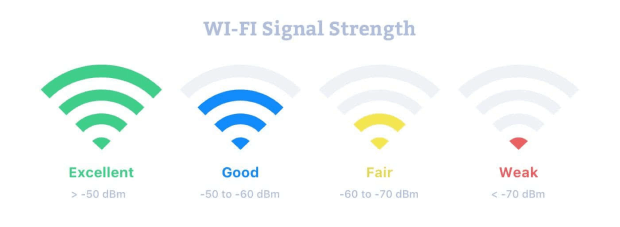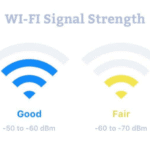
In a coins-out refinance loan, you’re taking a mortgage against your own home above what you owe, leaving you with coins to be had to spend. Adding to the debt against your own home may be a clever move if the cash is used for the right purpose.
Using it for the incorrect reason, but ought to result in monetary distress. “I’ve visible debtors use the coins-out alternative, spend the cash quickly and become in a worse scenario because of it,” says Bruce McClary, National Foundation for Credit Counseling vice chairman of communications and U.S. News contributor.
How Does a Cash-Out Refinance Loan Work?
Like different mortgages, a cash-out refinance is a mortgage secured by some real estate and is subject to various requirements and barriers. The important elements considered in a coins-out refinance loan utility are:
Loan-to-cost ratio. The loan might not exceed a maximum mortgage-to-value ratio. In that manner, your total home debt cannot exceed a positive percentage of the price of your property. You will need equity in the home before you can take coins out.
Debt-to-earnings ratio. You have to show the lender, typically via tax returns, a timetable of debts, and pay stubs, that you have enough money to make the monthly bills.
Credit rating. All borrowers named on the mortgage need to have a credit score that meets the minimum for the loan application and the lender.
Underwriting recommendations depend both on the loan program and the lender. For loans that are insured via the federal authorities, including those via the Federal Housing Administration and Department of Veterans Affairs, credit rating, debt-to-earnings ratio, and different limits are set utilizing the insuring organization. Individual creditors may additionally impose stricter limits on government-sponsored loans. For example, although the FHA loan program requires a minimum credit score of 580 (500 with a minimum 10 percent down payment), an FHA lender might also require a minimum credit rating of 620.
[Read: The Best FHA Loans of 2018.]
Cash-Out Refinance Loan Costs
A coins-out refinance loan incurs charges similar to those on your unique loan. Certain prices are widespread, and others are commonplace but may also vary. Cash-out refinance expenses may additionally encompass:
Origination price: This is the price the lender expenses for making the loan.
Title seek: It is performed to make certain the character claiming the name to the property is the rightful owner.
Title coverage: The policy gives protection to the lender and owner from claims to the assets.
Appraisal: An appraiser determines the market cost of the assets.
Discount points: Fees can be paid upfront in exchange for a lower interest charge on the an.
Application charge: You pay this price to apply for the cash-out refinance loan.
Credit record rate: The lender charges this to drag your credit report.
Document costs: These pay for getting ready, notarizing, and recording loan files.
Borrowers will pay final fees out of pocket or upload them to the loan stability. In a no-value refinance of the mortgage, the lender can pay the expenses; however, you likely pay a higher interest rateConsider When Refinancing Your Student Loans.
Are you deliberating on applying for a student loan? If so, a promissory notice will need to be signed. This is an agreement. On the due date, you may pay the loan in conjunction with the amount of interest-based on the terms and situations. Often, college students don’t think much earlier accepting the terms and conditions of the promissory note. However, if you have got a mortgage, you’re finding it tough to pay its lower back, you may refinance your student loan. However, ensure you keep in mind 4 critical matters earlier than you pass in advance and refinance it.
No financing from the federal government
Remember: Congress decides on the interest rate of a hobby for the federal student loans. Moreover, the interest rates are set based on the regulation regardless of how prwellour credit score rating is. If you have a decrease in credit rating, the hobby charge will be better, nd vice versa.
It’s viable to use a non-public mortgage to refinance a student loan. However, understand that the same can’t be true about refinancing a federal loan into any other federal loan.
Know the difference between refinancing and consolidation.
Some borrowers accept that the consolidation of their loans is a good way of decreasing the rate of interest, much like refinancing. This is a commonplace confusion, as the alternatives are quite similar. You get a brand new mortgage accepting new terms to update a loan you took earlier. However, it is critical to remember that you can not reduce your interest charge by way of consolidating a federal mortgage.
However, you could revel in some blessings with consolidation. For example, you are free to opt for a provider you like. Moreover, you can qualify for different forgiveness and repayment options.
Refinancing and your loan terms
Remember: refinancing will involve modifications to the terms of your loan. For instance, your hobby price might also come down based on your cosigner or credit score. The discount on the fee for a hobby is the primary thing that entices students.
As stated earlier, the new loan will function in new terms and situations. What this indicates is that the rate of interest may woriseIf you’re finding it tough to pay off your mortgage, the safety that comes with federal college student loans allows you to. For instance, you could strive for reimbursement plans that lessen the payments.












